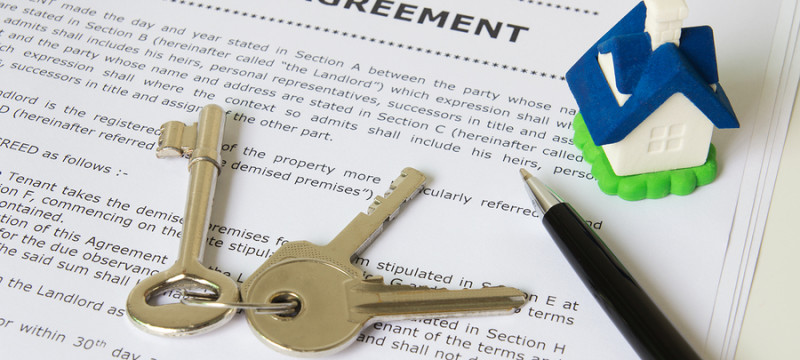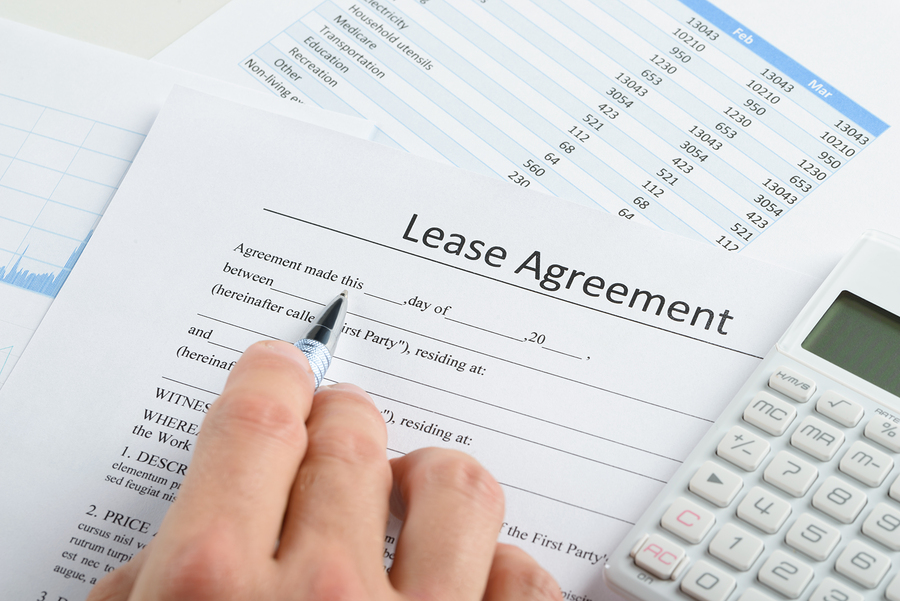
When Can A Landlord Evict a Tenant and Repossess the Premises?
- August 24, 2016
- William Heyman
- Comments Off on When Can A Landlord Evict a Tenant and Repossess the Premises?
As most landlords would probably agree, there are many reasons why a landlord would want to evict a tenant or otherwise repossess certain premises. However, there are certain reasons for eviction that are more common than others. In some cases, the reason the landlord is seeking the removal of the tenant is purely financial. This motivation for the eviction is most commonly cited when the tenant has failed to pay rent. In other circumstances, the landlord may seek to remove a tenant from the property due to a breach of some aspect of the lease. While financial considerations can play a role in this second scenario, an array of other behaviors and concerns can also play a key role.
The Law Firm of William S. Heyman works with landlords and property management companies who are seeking legal guidance with an eviction or other issues. To schedule a confidential legal consultation at our Baltimore law office, call (410) 305-9287 today. You can also arrange for a consultation by contacting Baltimore real estate litigation attorney William S. Heyman online.
The Tenant Has Failed to Pay Rent Required Under the Lease
Perhaps the most commonly encountered situation where a landlord would seek the removal of a tenant and the repossession of the premises is due to the nonpayment of rent. Rent is customarily due on the first of the month and must be paid regardless of whether the date falls on a weekend or holiday. Many lease agreements will set forth the proper method of paying the rent. These rent provisions may or may not allow for a grace period. Since the lease controls how rent must be paid within certain statutory limits, the first step to determining whether an eviction is appropriate is to determine whether there has been a non-payment of rent under the lease terms.

Under Section 8–401 of the Maryland Real Property Article, “Whenever the tenant or tenants fail to pay the rent when due and payable…” the landlord may commence an action to repossess the premises. If a landlord elects to evict the tenant due to non-payment of rent he or she must ensure that the required amount of notice is provided. Furthermore, the content of the notice must also be legally sufficient. It must address a number of items including:
- The amount of past due rent, late fees, and other expenses decreased by the amounts paid by a tenant under § 7–309 of the Public Utilities Article.
- A description of the property to be repossessed.
- The names of all tenants renting the property including any subleases or assignments of the lease.
- A request to repossess the property and any damages the landlord is entitled to receive.
Upon the filing of the requisite documents, the court will instruct an authorized party to serve process upon the tenant. The summons will require the tenant to answer the landlord’s complaint and to “appear before the District Court at the trial to be held on the fifth day after the filing of the complaint.”
The Tenant Has Breached the Terms of the Lease
Another common scenario where a landlord is likely to want to repossess the premises can occur when a tenant breaches the terms of the lease. The severity of a breach of the terms of the lease can range from an inconvenience to the landlord or tenant to activities that can destroy the premises and jeopardize the health and safety or all other tenants. However, for a breach of a lease to be actionable, Maryland law generally holds that the breach must be “substantial.” Maryland Real Property Article Section 8–402 authorizes a landlord to sue the tenant in Maryland District Court when the tenant is in breach of the lease and has either been provided “30 days’ written notice that the tenant is in violation of the lease and the landlord desires to repossess the leased premises.” Alternatively, a landlord can also bring an action when the breach is a “clear and imminent danger”, 14 days’ written notice has been provided, and the tenant or individual in possession of the premises has refused to comply.

Baltimore Commercial Lease Lawyer Can Handle Repossession and Evictions for Landlords
Landlords in Maryland understand that they must follow certain legal procedures when pursuing the removal of a tenant from leased premises. For simple matters, it is generally prudent to use an agency that only handles eviction matters. For more complex matters, the Law Firm of William S. Heyman can help landlords navigate an eviction action and Maryland’s rent court. To schedule a confidential legal consultation, call Maryland commercial lease dispute attorney William S. Heyman at (410) 305-9287 today.
